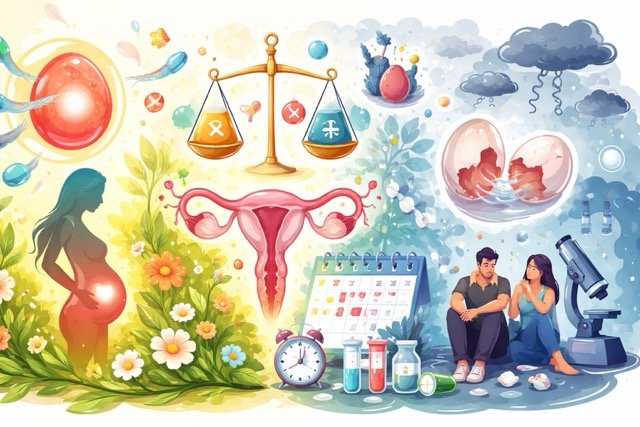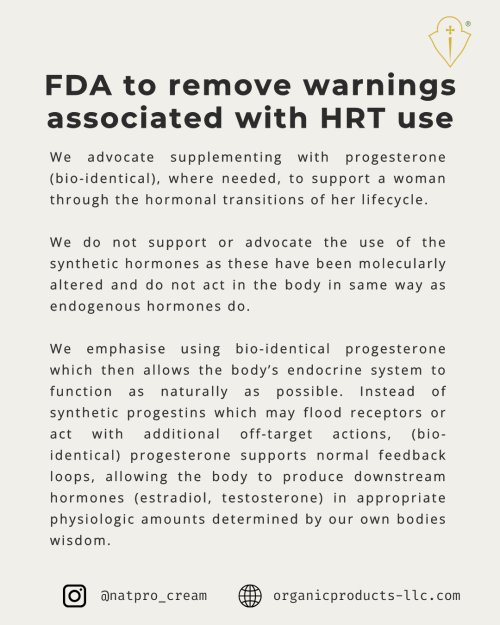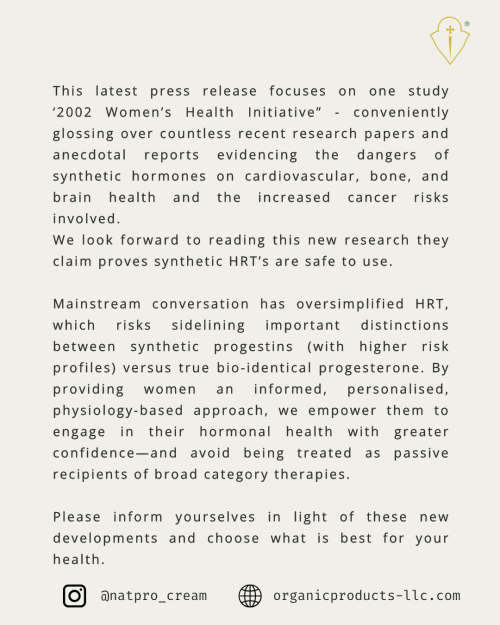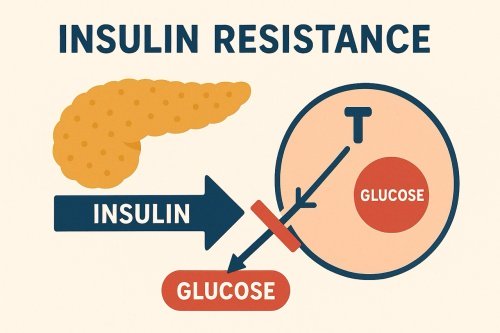Can progesterone help with IVF?
Hi Wray
A friend of mine who is 36 is going to begin IVF treatment next year after 4 years of trying for a baby. Drs have not been able to find anything specifically wrong with her or her husband, so their fertility remains unexplained. She has never used progesterone and I wonder if it would help her IVF treatment to be more successful. Also, if she does get pregnant, is it a good idea if she uses the cream to avoid a possible miscarriage? I use Natpro myself but don't want to give her advice on how she should use the cream in case it does not help her or I misinform her. I think she has been on the pill a couple of times (not for long) and I do wonder if she has hormonal issues as she gets migraines, some PMS and I have noticed her hair is very thin.
Thanks for your help in this matter.
Comments for Can progesterone help with IVF?
|
||
|
||
|
||
|
||
|
||
 If you are feeling confused or overwhelmed by fertility challenges, or wondering if hormone balance might be affecting your ability to conceive you are not alone—many women and couples face uncertaint…
If you are feeling confused or overwhelmed by fertility challenges, or wondering if hormone balance might be affecting your ability to conceive you are not alone—many women and couples face uncertaint…
 _____
_____ Feeling tired, foggy, or struggling with stubborn weight gain—especially around the waist? You might be surprised to learn that these symptoms could be linked to insulin resistance, a condition that a…
Feeling tired, foggy, or struggling with stubborn weight gain—especially around the waist? You might be surprised to learn that these symptoms could be linked to insulin resistance, a condition that a…